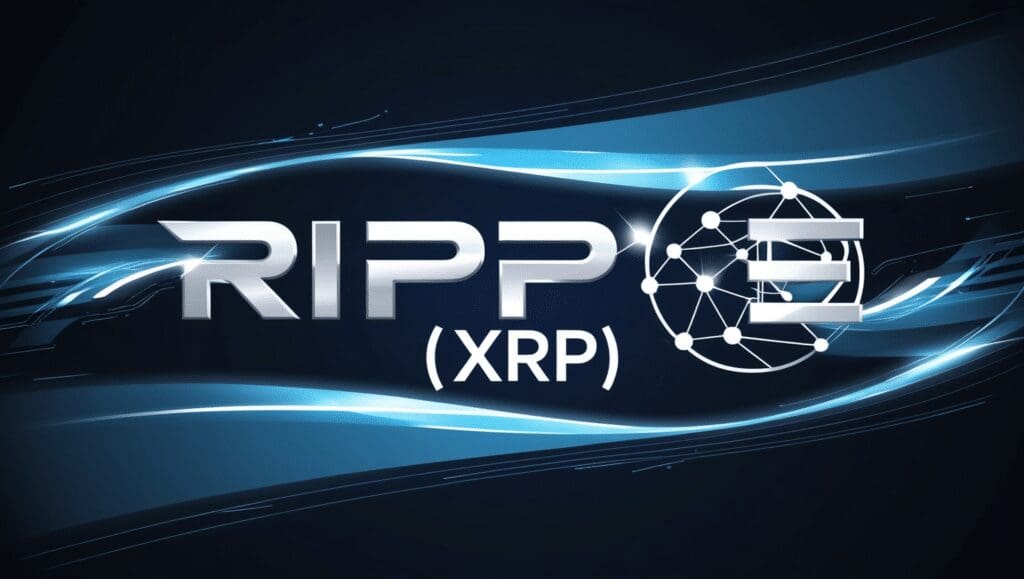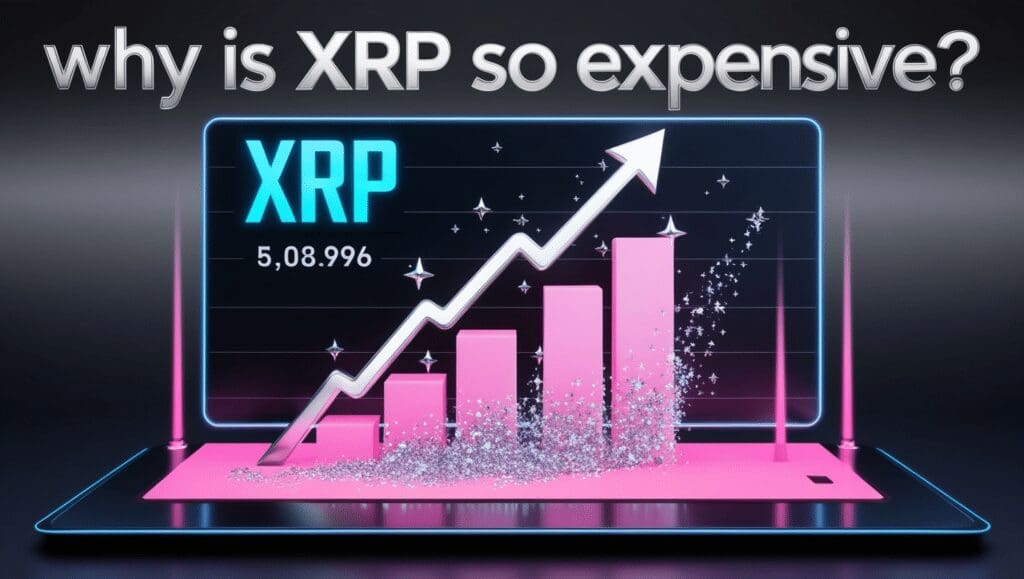I will discuss Ripple (XRP) transactions and how they work in this article. Ripple is a digital currency designed for fast, low-cost international transfers.
Its unique consensus algorithm ensures quick and efficient transactions with minimal fees.
I will also explore the factors affecting XRP transaction costs and how they compare to traditional payment systems.
What Is Ripple(XRP)?
XRP, also known as Ripple, is a cryptocurrency that allows relatively inexpensive cross-border transactions.
It runs on the Ripple network, facilitating efficient transfers between financial firms.

Unlike Bitcoin and other cryptocurrencies, Ripple does not require mining as its transactions are validated by a consensus algorithm.
Ripple is designed to enhance the infrastructure of international remittance, thus minimizing the cost and time taken for transactions by banks and other services.
What Is Ripple Xrp Transaction Cost?
The XRP token is a very effective, inexpensive means of sending and receiving funds because it only has transaction fees set at 0.00001 per transaction.
This kind of transaction fee makes XRP ideal for payment, including cross-border payments, which are cheaper than what some financial institutions charge.
Economic transactions are one of the major benefits of utilizing the Ripple network, which allows for fast and affordable transactions.
How Much Does XRP Cost on Ripple
On the Ripple network, the fee for a transaction made using XRP is rather nominal, around 0.00001 XRP. This fee helps in spam attacks as well as the stability of the network.
The sudo also said the correlation is weak, though congestion or transaction, among others, can slightly change things.
What is remembered is that this is disassociated with the cost of XRP, which the market will bull or bear depending on the circumstances.
Why Is XRP So Expensive?
Fixed Supply: XRP has a hard-capped supply of 100 billion, a large amount of which is locked in an escrow account. This type of scarcity can positively impact its price due to increased demand for the currency.

The Demand for Cross-Border Transfers: International payments require fast and cost-effective means, and XRP becomes more useful when financial institutions adopt it as a bridge currency.
Institutional Investments and Deployments: The anticipated price increase can result from expanding institutional use, cryptocurrency speculation, and quick partnerships that can increase demand.
Effects of Ripple’s Partners: As Ripple partners with more banks and payment services, XRP usage increases, which increases demand for the coin, hence creating a chain reaction that can increase prices for XRP due to market forces.
Media Attention and Speculation: The price of XRP can also be determined by general market feelings, ongoing discussions, and social media publicity like other cryptocurrencies.
Factors Affecting XRP Transaction Costs
Network Usage
High volume of transactions can increase the costs, however, the goal of XRP is to overcome the congestion issues without too much expense.
Volume of Transactions
On an average daily basis, one can carry transactions at low costs as it would be inexpensive compared to regular systems; however, this might slightly increase the number.
Validators & Consensus
The use of XRP’s consensus algorithm makes all the transactions low-cost; specialized hardware, which uses a lot of energy in its mining, is not required.
XRP Ledger Fees
The network’s operational fee is very small to avoid cases of spam and maintain the levels of security, and it also allows for the network’s situation to dictate it.
Transaction Size/Type
The transaction costs of large, complex, and more extensive operations are slightly more than the average costs usually incurred while conducting very basic transactions.
Liquidity & Market Conditions
Price fluctuations in the market or changes in the liquidity of XRP can also indirectly alter the XRP transaction fees.
Security & Protocol Updates
Changes in network settings, as well as network security measures, result in an increase in transaction costs.
Pros And Cons
Pros:
Low Transaction Fees: Cross-border payments can be made for a few cents in XRP, as the average XRP transaction cost is roughly 0.00001 XRP.
Fast Transactions: Transactions are settled within a few seconds on the ripple network, unlike traditional banking systems, which take long periods.
Scalability: The great thing about XRP is that the supply and demand ratio remains constant during heavy traffic, as thousands of transactions can be handled in one second.
Efficient Consensus Mechanism: Ripple keeps the cost of transactions low by reducing energy consumption, which is achieved by using a consensus algorithm instead of mining.
Minimizing Network Congestion: Additionally, it ensures that the costs of transactions do not fluctuate in busy periods by regulating automatic charging fees.
Global Adoption: XRP has seen increased popularity among various financial investor institutions due to its high long-term demand, which affects the transaction costs positively.
Cons:
Variable Fees in Extreme Cases: Though such fees are low, a rapid or strong demand on the network can cause the cost to yield higher charges during high congestion periods.
Dependence on Ripple’s Centralized Control: Such charges originate because the centralization of XRP will be contingent on the amount of some median amount of XRP, which is controlled by Ripple Labs.
Restricted Application Beyond Financial Institutions: To put it more plainly, XRP was designed to solve problems with cross-border transactions for banks and financial institutions, which effectively prevents mass adoption and use cases further down the road.
Alteration of Market Prices: Changes in the market naturally mean that XRP can also be transferred at a low cost, but its price tends to change significantly. Transactions using the token can sometimes become too costly.
Regulation Range: The legal landscape that Ripple is navigating, especially with the SEC in the United States, may be detrimental in the sense that the network might have low utilization, which can also, in turn, affect the cost of transactions.
Weak Motivation for Miners/Validators: With no incentives in rewards for mining, the prospects for having active decentralized validators may be impaired and thus have serious implications on the network’s ability to scale and be sustained over time.
Conclusion
Payments using Ripple’s framework are economical because they require near to no deposit; the fees are instead around the figure of 0.00001 XPR, and quite astonishingly, the XRP consensus mitigates excessive congestion of the network and guarantees its vastness.
In contrast to regular transactions such as with banks or other financial institutions and dealings
These transactions save up on the cost and are speedy with the transaction processes, making XRP an appealing alternative for the financial sector.
FAQ
Why is Ripple’s transaction cost so low?
XRP’s transaction costs are low due to its efficient consensus mechanism, which does not rely on energy-intensive mining, unlike other cryptocurrencies like Bitcoin.
Can the transaction cost of XRP increase?
Yes, transaction fees can slightly increase during periods of high network congestion. However, the fees are still much lower compared to traditional payment systems.
Is the transaction cost the same for all transactions on Ripple?
Generally, the transaction cost is fixed at a minimal rate, but it may vary slightly depending on network conditions such as congestion and transaction volume.










